
“It felt like nobody cared”: gay men and mental health
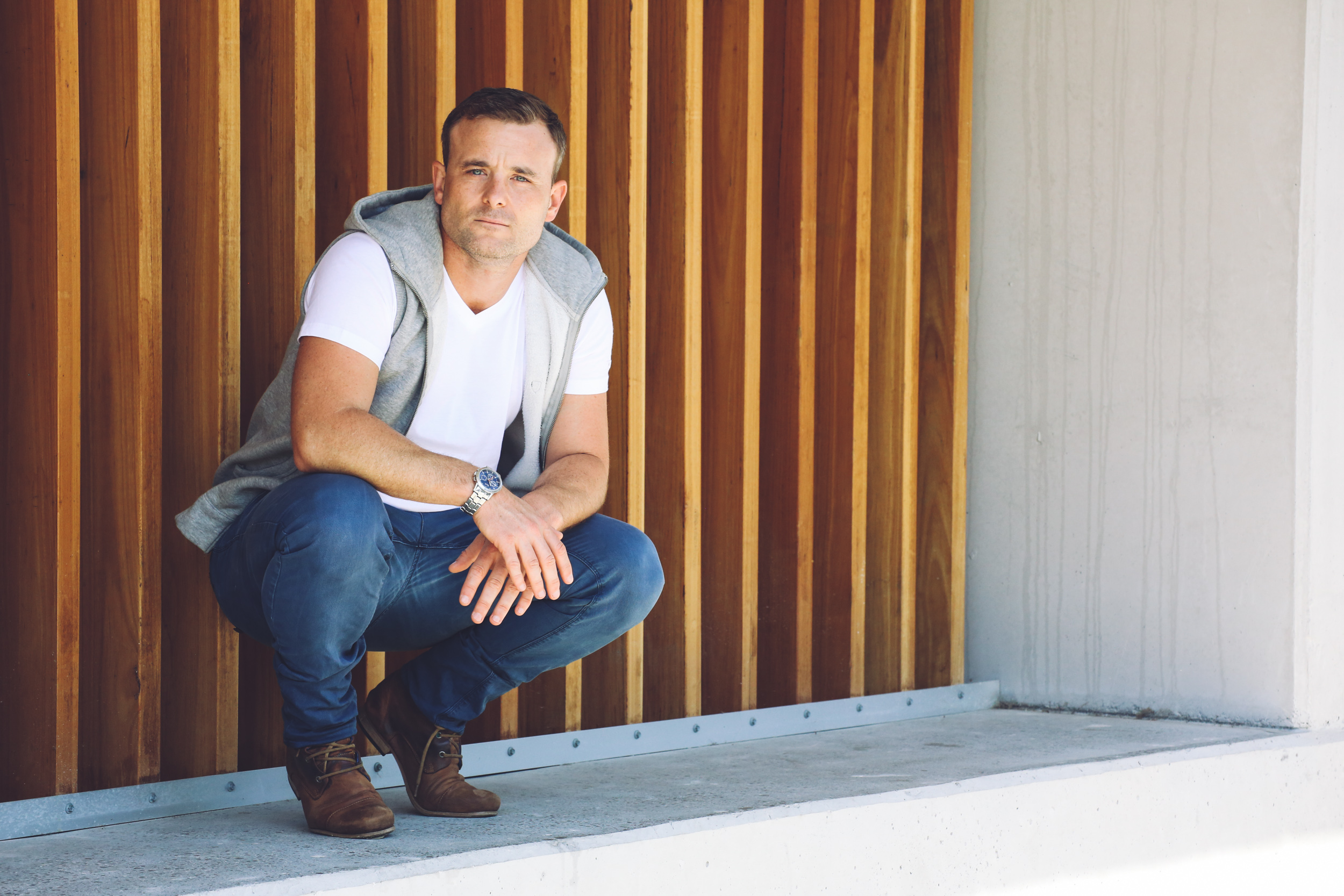
CRAIG Mack wished that someone had asked him about how he was feeling before he attempted suicide four years ago.
“I just wanted someone to notice I wasn’t myself and say ‘Hey man, what’s going on?’” Mack said.
“But no one noticed and it felt like nobody cared. Just being there, listening and asking small questions is enough to let someone know they’re not alone and that they do have someone who cares about them.”
Mack has lived with a depressive disorder his whole life.
“People think depression just means you’re a little bit sad, or it’s something you can get past with exercise, things like that, but for somebody like me and millions of others it’s a daily struggle,” he said.
Mental health issues affect gay men disproportionately, with one study showing 80 per cent had a friend with depression.
The study also showed gay men felt most comfortable turning to other gay men for emotional support, but many were unsure how to support friends or were worried about saying the wrong thing.
Beyondblue board director Professor Michael Kidd said gay men and others in the LGBTI community face challenges that can lead to mental health issues.
“People who belong to the LGBTI community in Australia experience higher rates of discrimination, of abuse, of prejudice, and these can be contributors to the increased rates of depression, anxiety, self-harm and the risk of suicide,” he said.
“It’s been really important for beyondblue and our partners to look at what resources are missing and need to be developed to look at what we can do to tackle depression and suicide risk.”
Beyondblue has launched Wingmen, an online resource developed with the National LGBTI Health Alliance, to help gay men support their friends during a crisis.
“We all want to be there for our friends,” said Kidd.
“But sometimes we worry about having these kinds of conversations. Wingmen gives practical advice, tips and resources to help prepare for those conversations.
The new program is specifically designed for gay men. It is available online because most gay men said they would prefer to access resources this way compared to talking to someone.
“It’s designed to encourage gay men to talk to their friends about their mental health, to know when one of your friends might be struggling or at risk, and to know how to assist your friends to access resources which can help them in times of need,” said Kidd.
Mack said the resource will be very important for gay men struggling with mental health issues, and their friends who support them.
“I think it’s really important for our community to have a project like this,” he said.
“Having a project that gives people a safe space to go and talk and know they’re not going to be judged for being gay, so you can concentrate on mental health issues, is really important.”
The new Wingmen program is available online now and has been funded with donations from the Movember Foundation. Mental health advice from professionals is also available 24 hours a day from beyondblue on 1300 224 636 or via online chat 3 pm–12 am AEST.




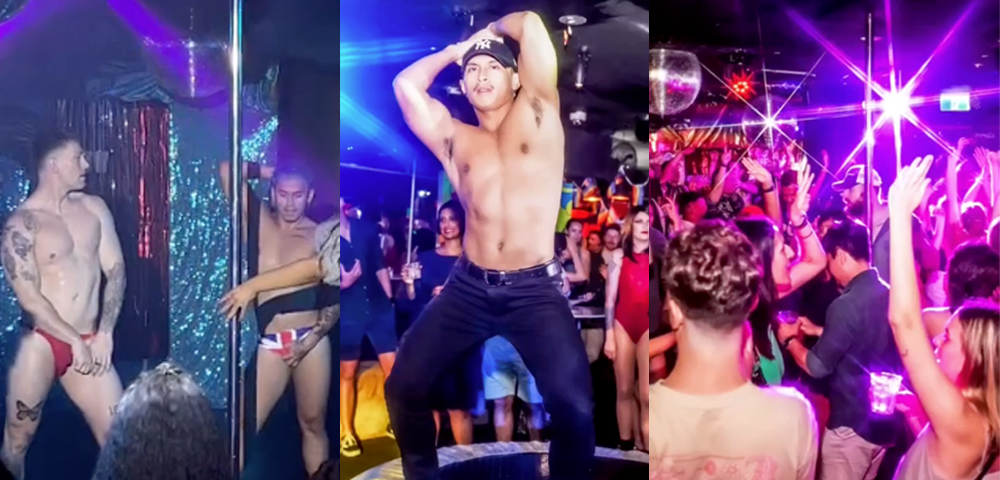
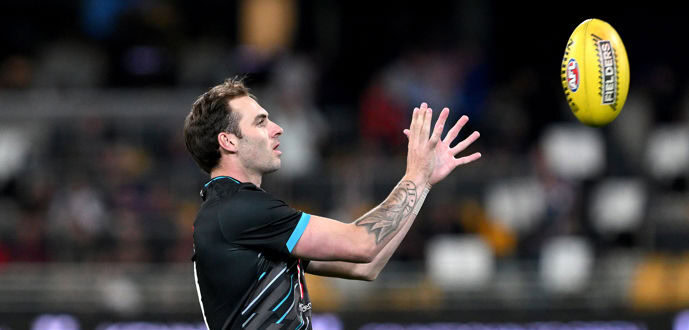
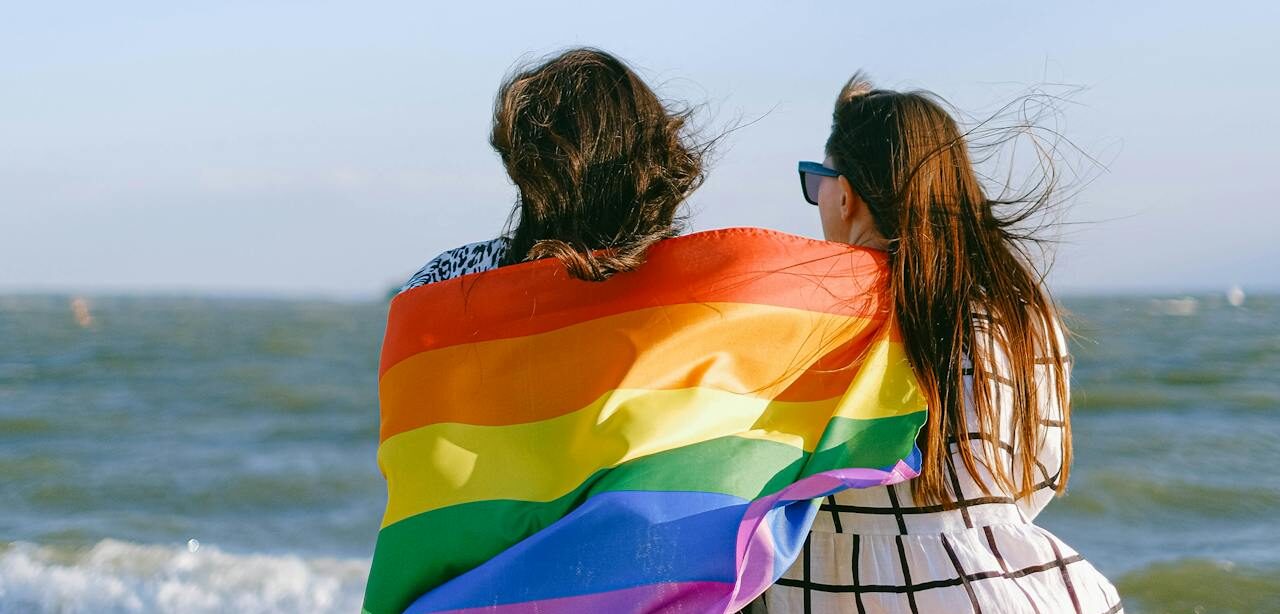
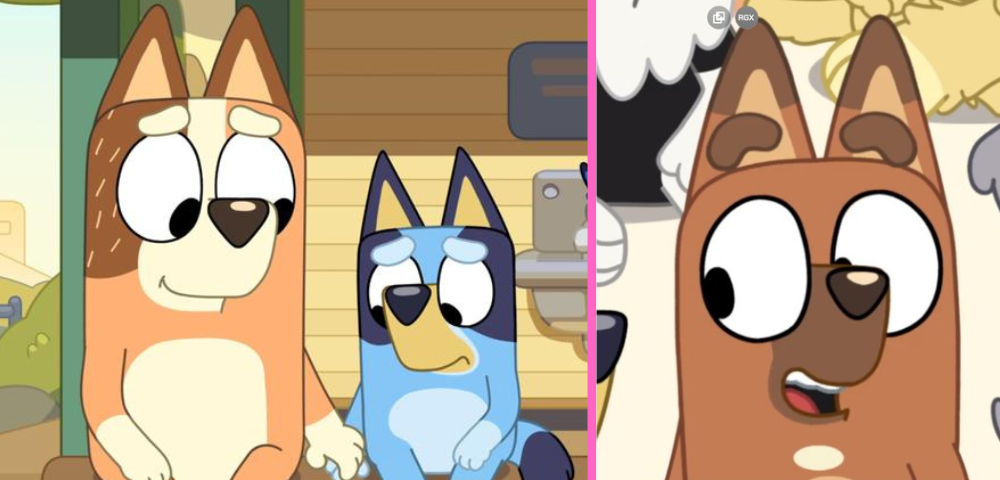
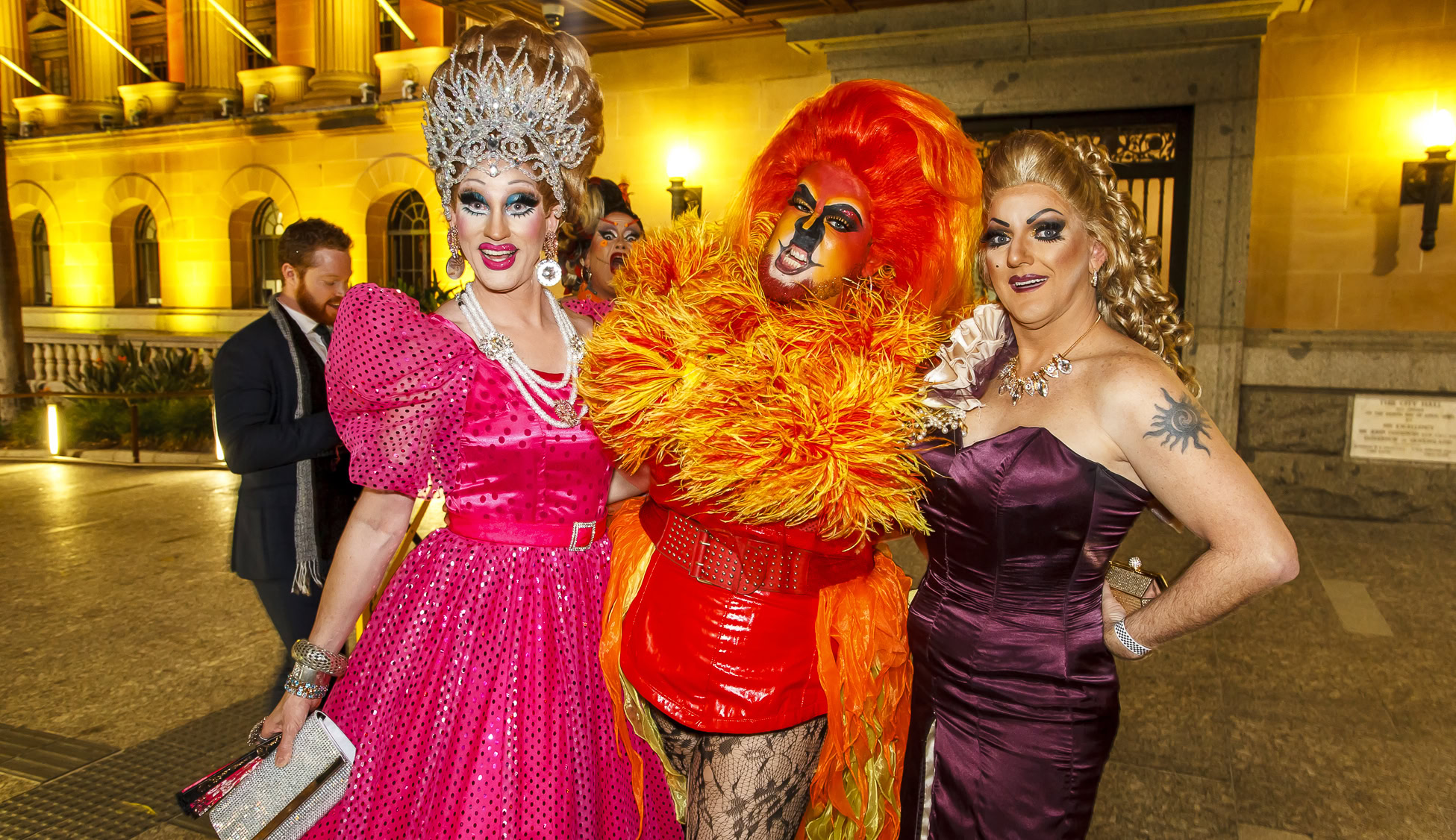
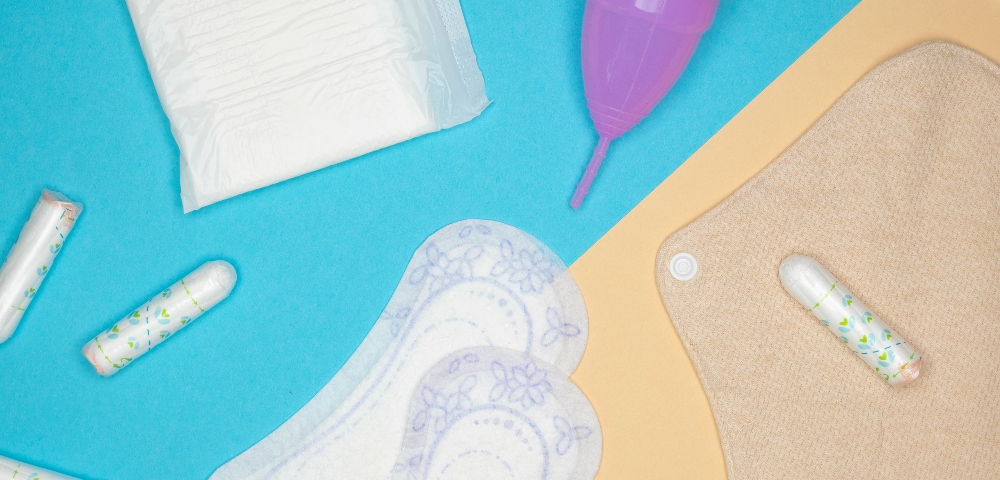
“Wingmen” sounds great and about bloody time someone started to show some Interest and Caring for the GLTBIQ Community with regard to Mental Health – It’s just a pity this was not extended to our Physical Health as well.
I agree with Craig for it is almost as if we simply don’t exist – or shouldn’t!
For family reasons I have been living in SA for a number of years. The only time I have ever been asked that wonderful question “Are you OK?” is by a family member, never by my GP. We can’t always talk things over with family members- particularly if they aren’t really very “Gay Friendly”. Yes they know I am but, given their preferences they would rather not know so they avoid any discussion.
I shall try “Wingman” for life at the top end of age in our very ageist community can be very lonely and with that comes Depression. My life-line is the Gym